To provide the best experiences, we use technologies like cookies to store and/or access device information. Consenting to these technologies will allow us to process data such as browsing behaviour or unique IDs on this site. Not consenting or withdrawing consent, may adversely affect certain features and functions.
The technical storage or access is strictly necessary for the legitimate purpose of enabling the use of a specific service explicitly requested by the subscriber or user, or for the sole purpose of carrying out the transmission of a communication over an electronic communications network.
The technical storage or access is necessary for the legitimate purpose of storing preferences that are not requested by the subscriber or user.
The technical storage or access that is used exclusively for statistical purposes.
The technical storage or access that is used exclusively for anonymous statistical purposes. Without a subpoena, voluntary compliance on the part of your Internet Service Provider, or additional records from a third party, information stored or retrieved for this purpose alone cannot usually be used to identify you.
The technical storage or access is required to create user profiles to send advertising, or to track the user on a website or across several websites for similar marketing purposes.
 More and more politicians and business leaders are keen to see the UK ease lockdown and begin a move towards returning to work. Is it’s too early to plan the exit from lockdown? Maybe. But either way, the general chatter about what a post COVID19 will look has predictably fanned the debate about how workplace will cope. It is a good debate, with valid ideas shared by the likes of Antony Slumbers, Neil Usher and others. (more…)
More and more politicians and business leaders are keen to see the UK ease lockdown and begin a move towards returning to work. Is it’s too early to plan the exit from lockdown? Maybe. But either way, the general chatter about what a post COVID19 will look has predictably fanned the debate about how workplace will cope. It is a good debate, with valid ideas shared by the likes of Antony Slumbers, Neil Usher and others. (more…)








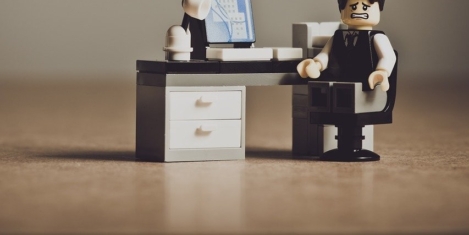
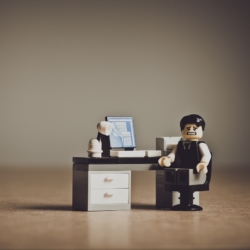


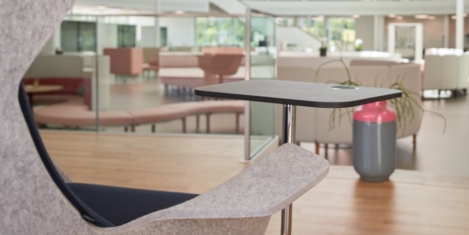
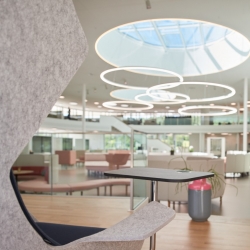





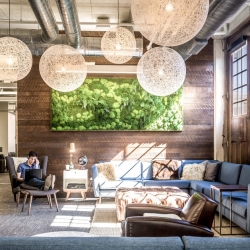















May 1, 2020
Organisations should seize this opportunity to look at their values
by James Morley • Comment, Flexible working, Wellbeing